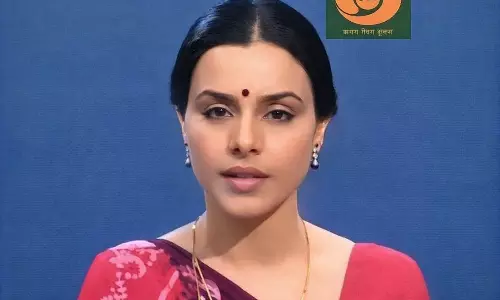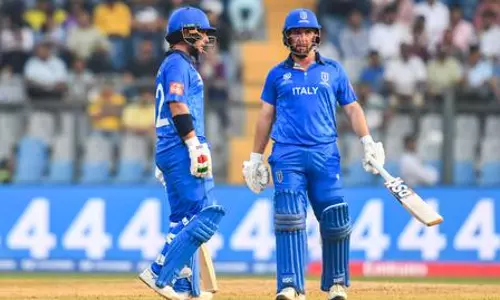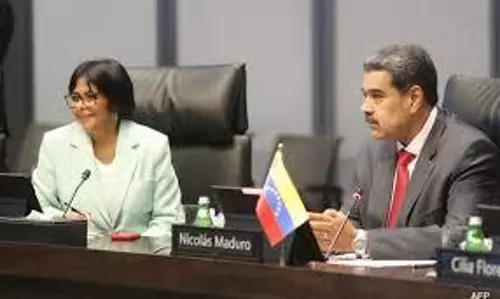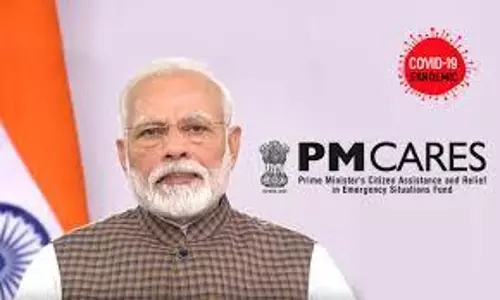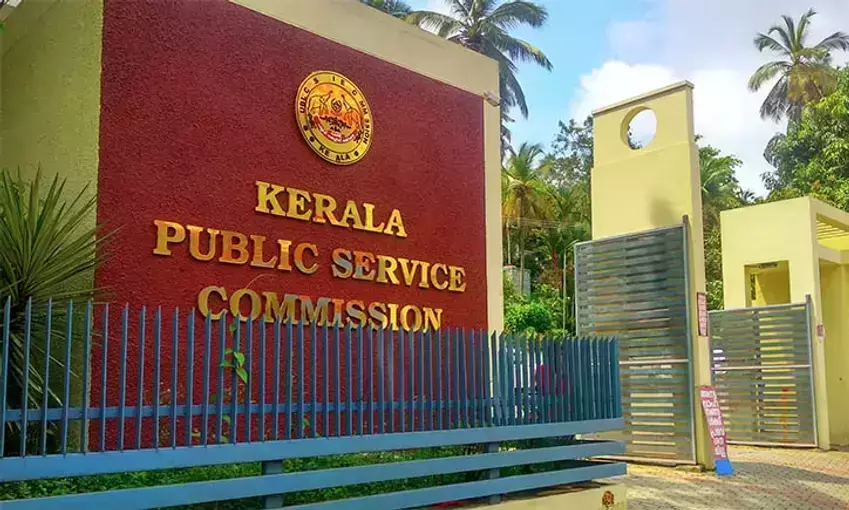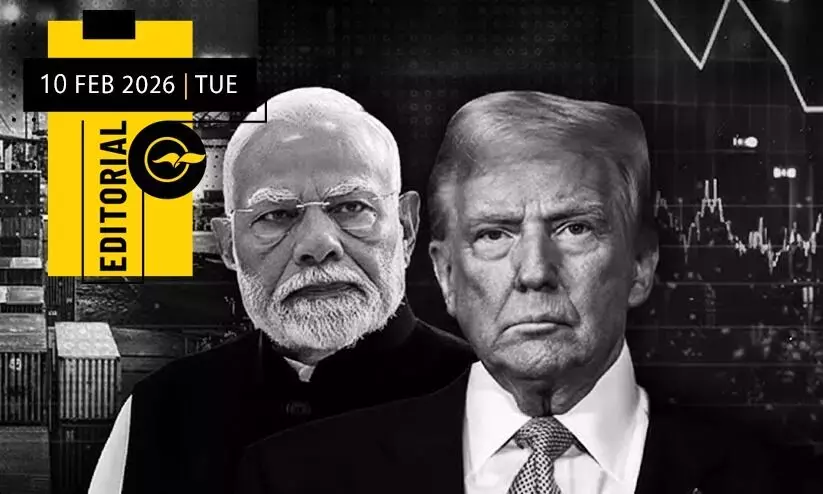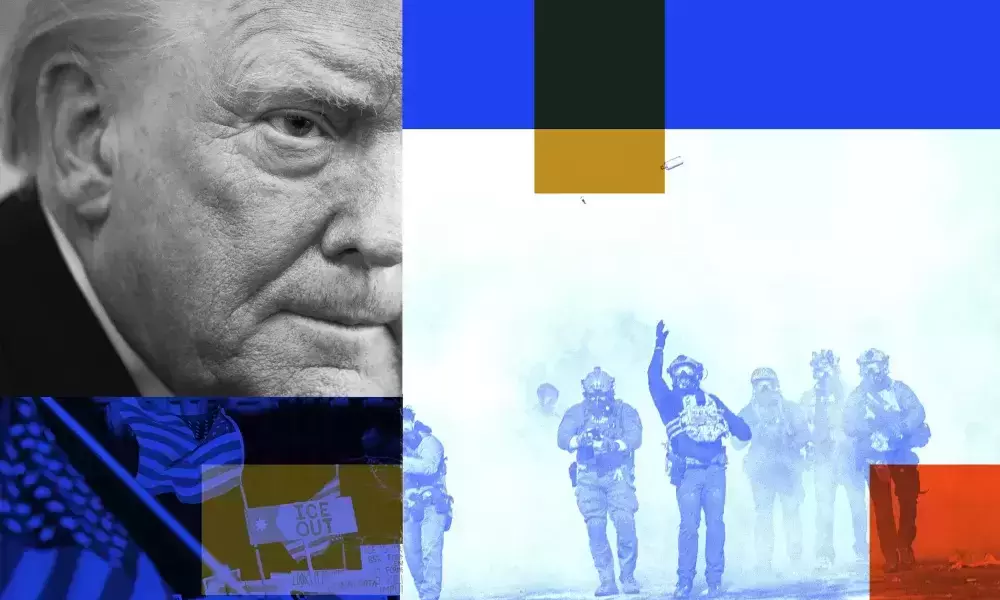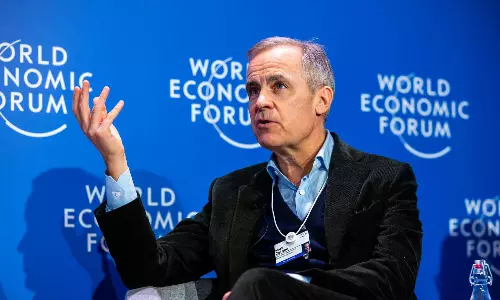
Court ban on media?
text_fieldsThe order of a special CBI court in Mumbai that the media will not be allowed to report the trial proceedings in the Sohrabuddin Sheikh fake encounter case, is one that adversely affects democracy as well as the judiciary.
The special CBI judge S J Sharma has barred the print, visual and social media after agreeing to the requests of the defence lawyers that reporting the court proceedings would pose a threat to the safety of the prosecution witnesses and accused. Though the mediapersons present in the court pointed out that reporting the court proceedings was a matter of public interest and that information was the right of the citizen which should be recognised, the judge did not budge. As a concession, he informed the mediapersons that they could watch the trial proceedings. It is not clear how the media reports will pose a threat to security. Is it based on a presumption that the anti-social elements would get the details of the witnesses whom they want to threaten only from the media? The safety of everyone related to the case is certainly important. And for that, the help of the police could be sought; the entry of the people into the court room could be curtailed. Instead, it will be the transparency and credibility of the judiciary that will be lost if the reporting on the proceedings is barred. As the universally accepted principle goes, justice should not only be done, but also seen into be done. Courts in certain special cases go for secret trials. In a few cases related to national security and individual privacy, there are restrictions on the public and the media. However, there is nothing like that in this case.
Since the case was ‘sensational’ and in the backdrop of new reports, the court deemed that the security of the accused and witnesses was at stake. Whatever is the reason for the case to be ‘sensational’, ensuring the transparency is essential due to the very same reason, for the credibility of the judiciary. Senior police officers of Gujarat, Rajasthan and Andra Pradesh are the culprits in this case. The Supreme Court transferred the case from Gujarat to Mumbai to ensure transparency and credibility of the trial which involves several top officials. The background for the case to now invite special attention also demands more transparency. Many influential persons including Amit Shah were accused in the fake encounter case in which Sohrabuddhin Sheikh, his wife Kausar Bi and an accomplice Tulsiram Prajapati were killed. Justice Brijgopal Harikishan Loya who was hearing the case, died suddenly. The judge who took over, acquitted many including Amit Shah. If the details revealed by an online magazine ‘The Caravan’ is true, then Loya was killed; that too, after being pressurized to deliver a favourable judgement for Shah. Loya’s family alleges that another judge even offered him a bribe. Barring the media from such cases will not help in aiding the credibility of the judiciary. It was only a few days ago that even Chief Justice Dipak Misra rejected the request to ban the reporting on a trial related to the issues between the Supreme Court judges. His observation then that the right of the citizens to information and freedom of press, guaranteed in the Constitution should be recognised, should have been a lesson for the special CBI court in Mumbai.
The increasing precedents of barring the media from matters that may bring inconvenience, is worrisome. Though the special rights related to the functioning of the other three pillars of democracy are enshrined in the Constitution, that of the media is dependent on others’ favours. It is a peril that directly affects the liberty of the press. In the battle between the right of the citizens to information and right of the accused to a fair trial, the usual practice is to violate the rights of the people by sacrificing the freedom of press. For achieving a balance between the two factors, the judges should have the required knowledge and training. But that is not what happens. Giving special consideration to those deened to be in the upper echelons is also not rare. Nor was it a good precedent when the Supreme Court itself barred the the media from the case of Justice Karnan. Despite four decades since Emergency that witnessed those in power putting shackles on the freedom of the press, it is now upto the the judiciary to decide whether it is fitting to rule that the media can only watch the trial proceedings in the court, but not report on it.




